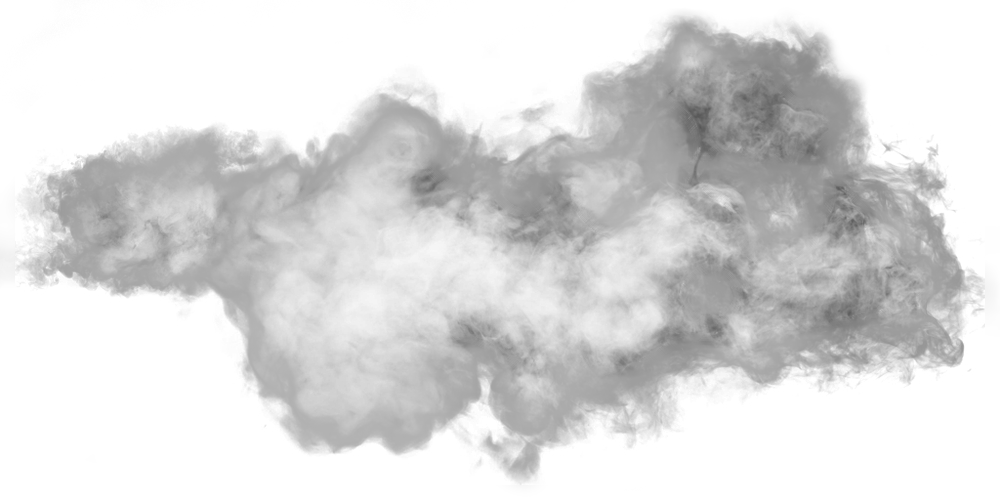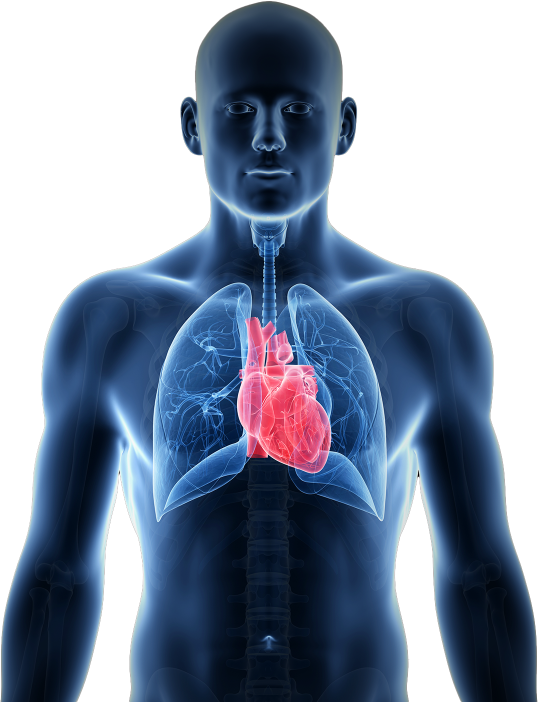
VISUAL COMPARISON OF CLEANLINESS IN ISO 4406 CODES
Diesel 22/20/17 (average in Latin America and Africa) vs Diesel 11/8/7 (Premium ultra-clean)




















4 STAGES OF POWER LOSS
BAD DOSAGE
BAD DOSAGE
The injection systems require an ISO 11/8/7 diesel for dosing the fuel optimally. The wrong dosing of the injector due to the presence of particles is synonymous with loss of power and therefore greater consumption of fuel up to 5%.
COMPRESSION LOSS
COMPRESSION LOSS
The particles in the combustion chamber will cause premature wear in the cylinders, generating premature loss of compression which becomes loss of power and greater fuel consumption over the useful life of the engine of up to 7%.
CONTAMINATED LUBRICANT
CONTAMINATED LUBRICANT
The lubricant contaminated with particles raises friction and temperature, causing up to 2-3% loss of power and greater fuel consumption.
PREMATURE SATURATION OF DPF
PREMATURE SATURATION OF DPF
The pressure drop of particulate filters are causing up to 2% of loss of power and greater fuel consumption due to the combustioned particles.
IMPACTS OVER TIME
SHORT TERM
RELATED TO COMBUSTION
These savings are directly related to combustion (complete / incomplete) When an engine has a complete/clean combustion, it requires less fuel to generate the power/explosion required.
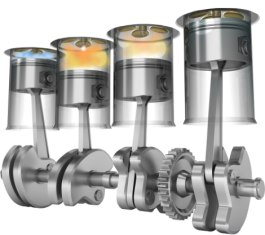
MEDIUM TERM
Related to OIL CLEANLINESS
By keeping a clean combustion (11/8/3) and a clean engine (16/14/12) less contamination (soot) is generated; therefore, the lubricant stays cleaner and oil changes are extended with lower wear rates, friction, temperature and fuel consumption.
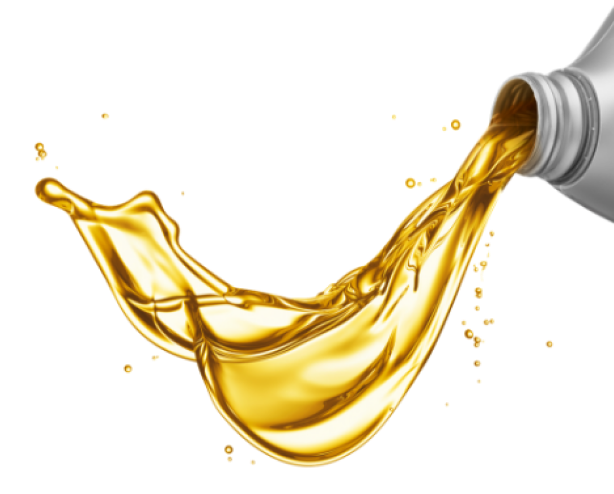
LONG TERM
RELATED TO WEAR
By maintaining a clean combustion, and thus a clean engine, the cylinders and internal parts extend their useful life and compression is kept within optimal parameters for a longer period of time. We must remember that when you lose compression, greater acceleration is required to obtain the same power and this means additional fuel consumption.
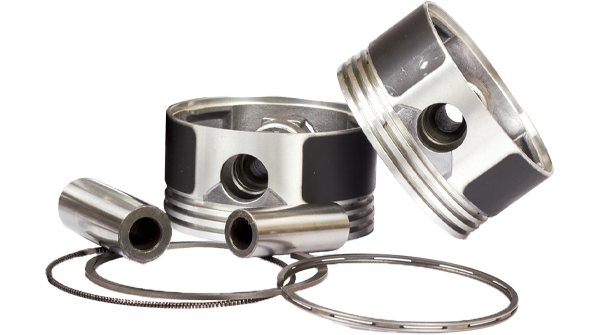
ENVIRONMENTAL BENEFITS
DIESEL ISO 11/8/7 ULTRA CLEAN AND DRY
1 MILLION GALLONS ANNUALLY
SOURCES
#1
#2
#3
TECHNICAL INFORMATION OF ENVIRONMENTAL BENEFITS
POSITIVE IMPACTS
ON PUBLIC HEALTH
- CO2 (carbon dioxide): respirable, greenhouse gas (global warming)
- CO (carbon monoxide): causes heart diseases
- PM (soot microparticles): affects respiration, enhances allergies, promotes cancer
- HC (unburned hydrocarbons): affects respiration and promotes cancer
- NOX (nitrogen oxides): irritates mucous membranes, affects breathing, promotes cancer




HARMFUL GASES
According to World Health Organization, ambient air pollution, both in cities and rural areas, was responsible for 4.2 million premature deaths worldwide per year; due to exposure to PM2.5 particles which cause cancer, respiratory and cardiovascular diseases.

